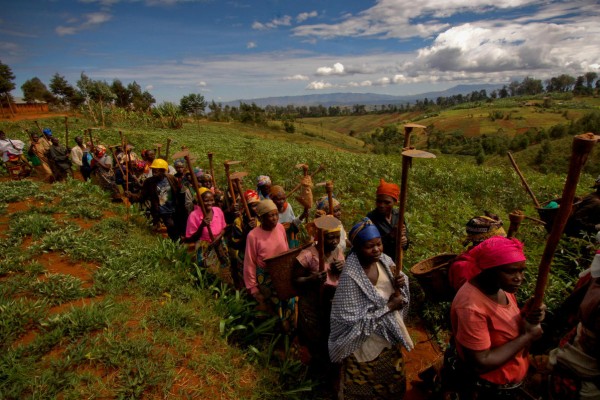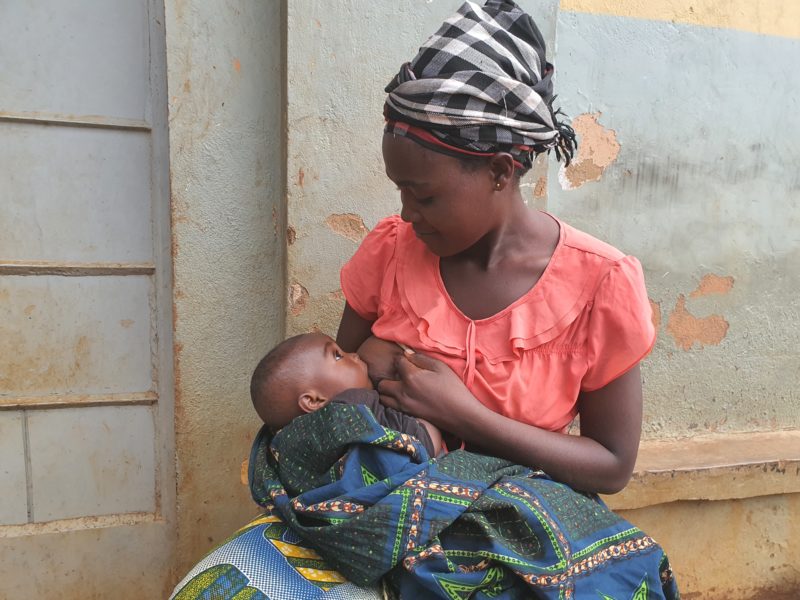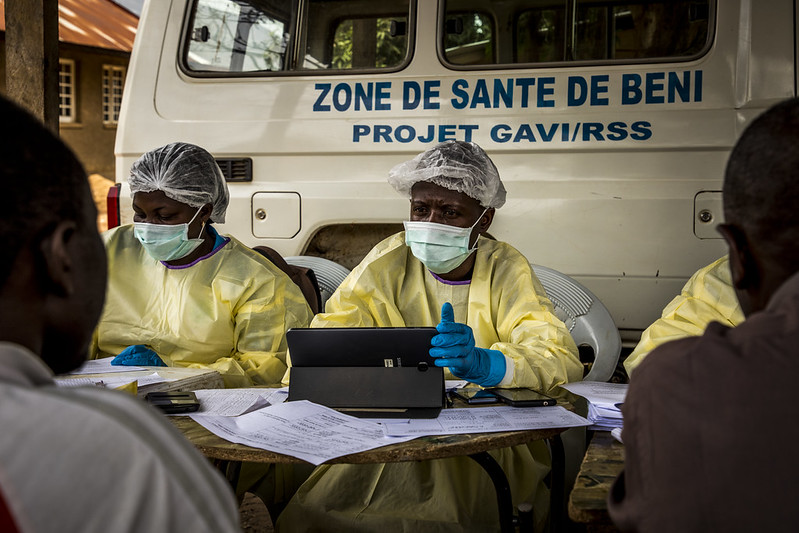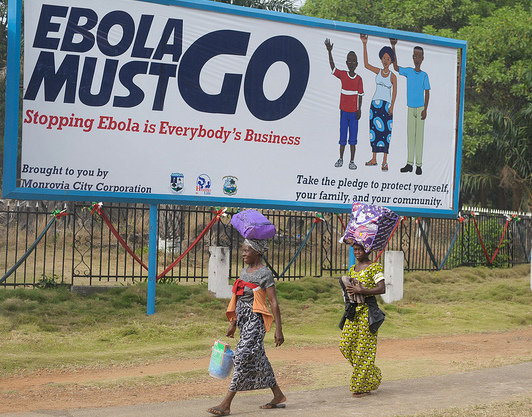“If you refuse, he beats you. He can even kill you. Some of the rapists can rape you even more than five (times) and later they kill you. This has happened in our village. Those who do these acts are mostly soldiers and rebels, the FDLR.”
This stark description of life in Eastern Democratic Republic of Congo (DRC) was offered by an adult female who participated in the Johns Hopkins Bloomberg School of Public Health Center for Communication Programs (JHU∙CCP) research on community perspectives on Sexual and Gender-Based Violence (SGBV) in DRC. CCP presents these research findings and intervention recommendations on the International Day for the Elimination of Violence against Women.
What happens in DRC after a girl gets raped? Sometimes she is forced to marry her rapist. Often, she leaves school. And most of the time, she suffers in silence. The stigma towards survivors of SGBV and their families, combined with a pervasive atmosphere of corruption and political instability in DRC, makes it challenging for survivors of SGBV to voice their distress, seek justice and access care. In the words of one male village member, “The community does absolutely nothing because victims are hidden and do not tell anyone.”
The widespread epidemic of SGBV across DRC has led the country to become known as the sexual violence capital of the world particularly in the post-war climate as FDLR (Democratic Forces for the Liberation of Rwanda) rebels continue to take advantage of vulnerable families living in poverty.
With funding from USAID, CCP has partnered with the International Medical Corps (IMC) to work with local and international partners to implement a behavior change communication (BCC) program that will address SGBV in DRC. The research findings on community perspectives and factors underlying SGBV provide a foundation for designing the program strategy.
As CCP joins the global effort to break the silence and empower communities, we recommend:
- Taking a comprehensive multi-level approach to address the many interrelated factors affecting SGBV;
- Shifting negative perceptions about survivors of SGBV;
- Reversing general acceptance of domestic violence;
- Appropriately presenting crimes of sexual violence in the media.
Healing will only come to DRC if the SGBV epidemic is stemmed and attitudes are changed. As explained by one male participant in CCP’s research, “There is what we call, omukazi yemurima omukazi. It means the woman, the woman for us is the heart at home. It means, when we speak of a woman, it is the one who has the depth of responsibility… The woman is the source of life in Africa. If she is injured because of that sexual violence, who is going to guide?”





